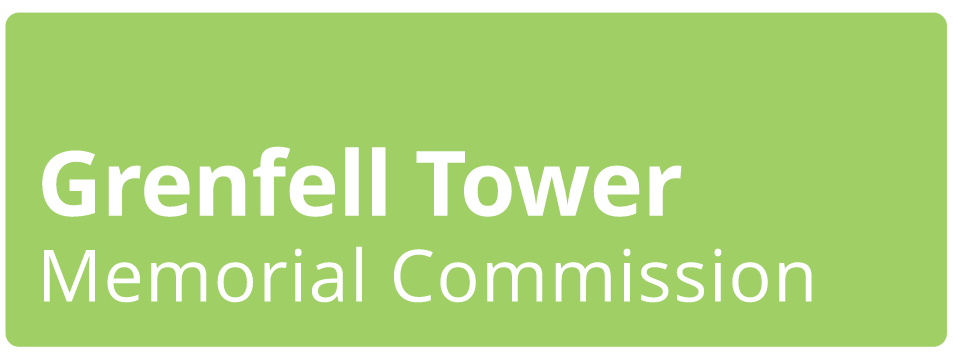
By Mohammed Rasoul, one of the Memorial Commission community representatives for the former residents of Grenfell Tower
I think the whole idea of the memorial is important to bereaved families, survivors and everyone in the community as it’s going to be something that lasts beyond the inquiry and the police investigation and whatever form of justice we will get. It’s a reminder of what we had, the people we lost.
I'm just trying to do my bit to serve the community, and represent survivors. I want to be a voice for them in this whole process. My friends encouraged me to apply for this role because they knew I wanted to do something to help my community during this time.
I lived in the Tower all my life. We all knew each other, all the neighbours. There were people there that I grew up with, and the elders. We’re a close local community.
We have regular Memorial Commission meetings. Community representatives are involved in much of the decision-making process, representing the best interests of the bereaved, survivors and Lancaster West community. We’re now beginning to engage with all the different community groups. Before COVID, we had a few in-person engagement events. A challenge is getting a significant amount of consistent participation from people, especially now that our events are being held online. We have to be sensitive to the fact that people are still dealing with their trauma and suffering with grief, as well as dealing with the inquiry revelations. People have got a full plate so of course it's not always easy to get them to engage.
The prospect of us getting justice is going to be a major factor in deciding what people are going to want from a memorial. We’ve been speaking to people to explain what we have been doing, how the Commission started, where we would like to take it and how they can get involved. If people don’t feel that justice is served they may want a memorial that reminds everyone of the injustice that was committed.
We are aware of the diversity of opinions in the community and want to give people the opportunity to voice how they feel. The process has to be fair and democratic so that everyone who wanted to be involved felt that they had the opportunity to engage.
We’d like to hear more from the bereaved and survivors but obviously it might be a bit early for them. It’s a process and we don’t want to rush anyone, especially while they are still being exposed to the inquiry – it’s difficult for some people to even think about a next stage while that is going on.
When people talk about a potential memorial they want it to be peaceful, a place of remembrance and hope. It’s important that it offers a meditative, reflective space that honours the people we lost and the memories that we have. It should reflect the different communities – including the faith communities – that have come together. Something that is universal and represents our community diversity. We have people from all around the world, all ethnicities, different education levels, different jobs, different socioeconomic groups. Grenfell residents all got on as one community and it was nice, that kind of harmony and unity between us. The memorial should reflect that people have their individual identities, yes, but it’s not a barrier for them to get on with others. That manifested after the tragedy as well, we all came together to help each other. At times it was overwhelming – the sheer kindness and generosity of people.
To contact the Commission, including the community representatives, email us at: GTMCSecretariat@communities.gov.uk or call 0303 444 4831. You can also join the mailing list or follow us on Twitter at @GrenfellTowerMC.
Click here to read about the ideas we have heard so far for a future memorial, and to find out how you can contribute your thoughts too.